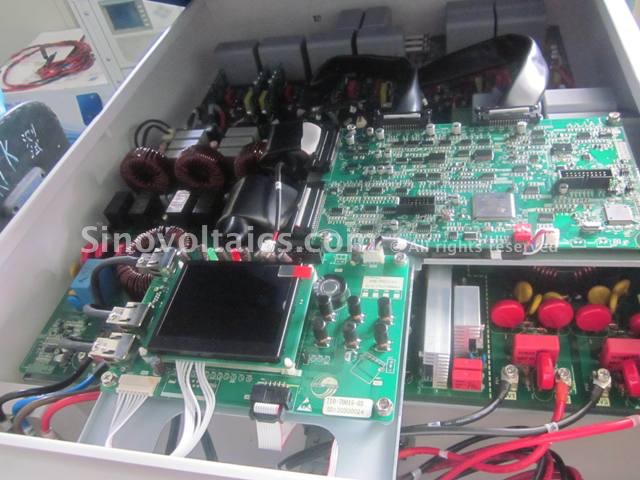Single-phase and Three-phase
Central inverters
In-Circuit Testing
Through Hole Technology
Surface Mount Technology
Solar Inverters Online Tools
Solar Inverter Manufacturers
Components of Solar Inverters
[...]
 Inside solar inverter - inverter quality inspection of components[/caption]
Inside solar inverter - inverter quality inspection of components[/caption]
Ed Tomanek
on 25 Mar 2017Ed Tomanek
on 25 Mar 2017